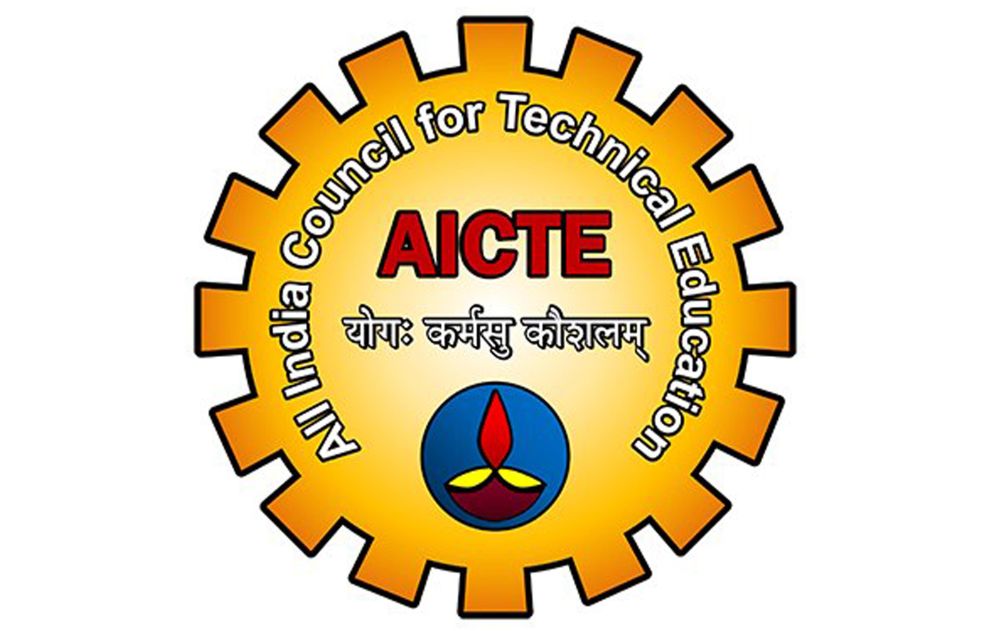In a groundbreaking move, the University Grants Commission (UGC) has given its nod to a draft post-graduate curriculum and credit framework, introducing a one-year master’s programme along with unprecedented flexibility for students. The decision, approved in the meeting held on November 3, marks a significant departure from conventional norms, allowing students the freedom to switch disciplines and choose from a range of learning modes, including offline, online, and hybrid options.
Prof. M. Jagadesh Kumar, Chairman of UGC, highlighted the key features of the new curriculum, emphasizing the liberty for students to pursue a Master’s in any discipline, either related or unrelated to their undergraduate specializations. Prof. Kumar stated, “This framework allows the students to do their Master’s in any stream they choose as a major or minor in their undergraduate programme.”
The UGC is introducing a one-year Master’s degree alongside the existing two-year program for the first time. Prof. Kumar also noted that students completing a four-year undergraduate program, a three-year UG, or a two-year Master’s program in STEM subjects would be eligible for admission in M.E. and M. Tech. in allied areas, promoting a multidisciplinary approach to education.
The draft outlines several innovative features, including the option for undergraduate students to pursue a double major or choose any two subjects they have majored in. Furthermore, those who qualify with a major and minor(s) in their undergraduate studies can opt for either a major or minor(s) subject in their Master’s program.
Higher Education Institutes (HEIs) will have the flexibility to design master’s programs in various formats – one-year, two-year, and integrated five-year programs, according to the draft policy. Students entering a two-year PG after a three-year UG program can choose coursework, research, or a combination in the third and fourth semesters. Similarly, those opting for a one-year PG after a four-year UG program can choose coursework, research, or a combination thereof.
The draft policy also introduces an intriguing exit point for students in the one-year PG program. Upon completion of one year, students will be awarded a Postgraduate Diploma. The program aims to include vocational courses relevant to the chosen discipline.
Highlighting the importance of the restructured PG program, the draft notes its alignment with the National Education Policy (NEP) – 2020, emphasizing flexibility in offering diverse undergraduate and Master’s programs. Last year, UGC had introduced a curriculum and credit framework for UG courses under NEP, providing students with multiple entry and exit options, the choice between single or double majors, and interdisciplinary subject choices.
“The postgraduate programs provide an opportunity for students to change the field and realize their vision,” the draft policy concluded, underlining the transformative potential of the new UGC-approved curriculum and credit framework.













